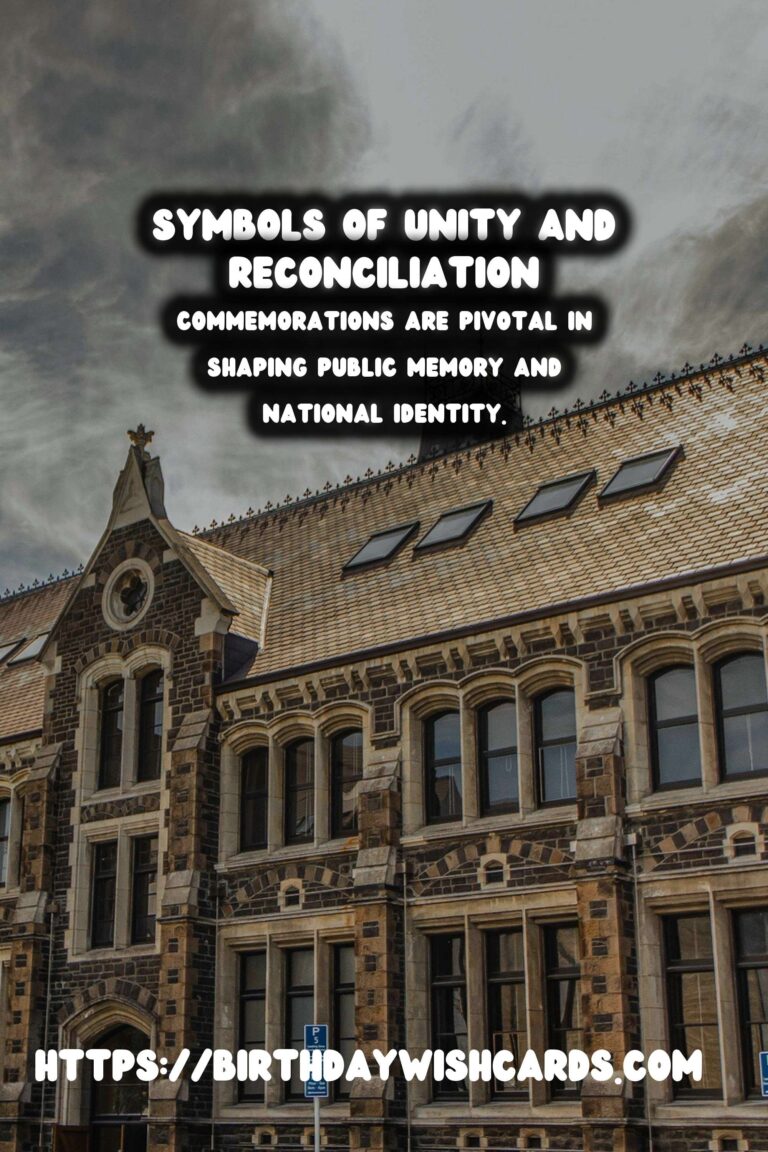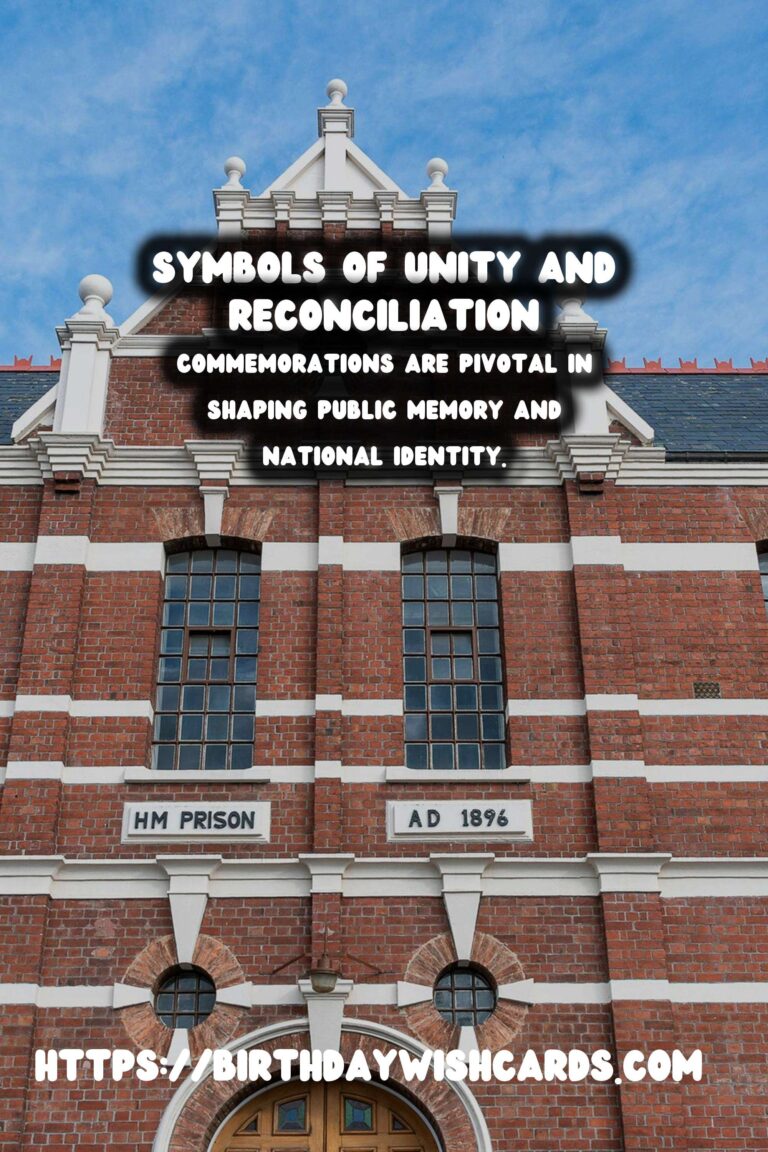
Throughout history, commemorations have served as powerful tools in international relations, functioning as both a bridge between nations and a point of diplomacy or conflict. This multifaceted role stems from the way historical events are remembered, the cultural narratives they inform, and the influence they exert on national diplomacy.
The Significance of Historical Commemorations
Commemorations are pivotal in shaping public memory and national identity. They help nations remember significant events, honor achievements or losses, and reinforce cultural narratives. These activities can influence a country’s foreign policy, shaping its interactions with other nations based on shared pasts or conflicting narratives.
Commemorations as Diplomatic Tools
When utilized astutely, historical commemorations function as diplomatic tools. They allow nations to express solidarity, apologize for past misdeeds, or celebrate shared achievements. For example, the commemoration of the End of World War II has served as a forum for nations to emphasize peace and unity, while simultaneously healing old wounds.
Such events provide a platform for dialogue and reconciliation, where nations can reaffirm or renegotiate their historical ties and agree on a collective memory that acknowledges past grievances while fostering future cooperation.
Case Studies in International Commemoration
Several historical commemorations highlight their potential impact on international relations. An example is the annual Remembrance Day observed by Commonwealth nations. It serves as a means of marking shared sacrifices and promoting a united front in contemporary peacekeeping initiatives.
Conversely, the controversy over Yasukuni Shrine visits in Japan illustrates how commemorations can lead to tensions. The shrine honors Japan’s war dead, including convicted war criminals, causing friction with China and South Korea. This situation underscores the complexities involved when national commemoration is intertwined with sensitive historical narratives.
The Role of Historical Commemorations in Conflict Resolution
When managed prudently, commemorations can aid conflict resolution. They provide an opportunity for nations to acknowledge past conflicts, apologize, and offer reparative gestures. The commemoration of the Rwandan Genocide, for instance, has been pivotal in promoting healing and unity both nationally and internationally.
Attention to diverse perspectives is essential during such events. Ensuring that multiple narratives and experiences are represented can transform commemorations into platforms for healing instead of vectors for division. This inclusiveness encourages empathetic dialogues, paving the way for mutual understanding and cooperation.
Challenges and Controversies
The emotional charge surrounding commemorations often results in polarization and controversy, particularly if they are perceived as selective or biased. They can reignite historical grievances and breed nationalism, potentially souring international relations.
The responsibility lies with governments and organizations to manage these commemorations carefully, ensuring they serve as bridges rather than barriers. By fostering an inclusive and respectful approach, they can contribute positively to international diplomacy.
Conclusion: Navigating Historical Commemorations
Historical commemorations intersect history and diplomacy, offering both challenges and opportunities in international relations. Managed effectively, they provide a platform for acknowledging the past, reconciling differences, and building a harmonious future. As the world grows increasingly interconnected, these commemorations can transcend boundaries, fostering a global community that respects and learns from history.
In an era marked by complex global challenges, the potential for historical commemorations to facilitate dialogue and foster international cooperation cannot be underestimated. By engaging with them thoughtfully, nations can harness their capacity to promote peace and understanding on the world stage.
Throughout history, commemorations have served as powerful tools in international relations, functioning as both a bridge between nations and a point of diplomacy or conflict. Commemorations are pivotal in shaping public memory and national identity.
#InternationalRelations #HistoricalCommemorations

